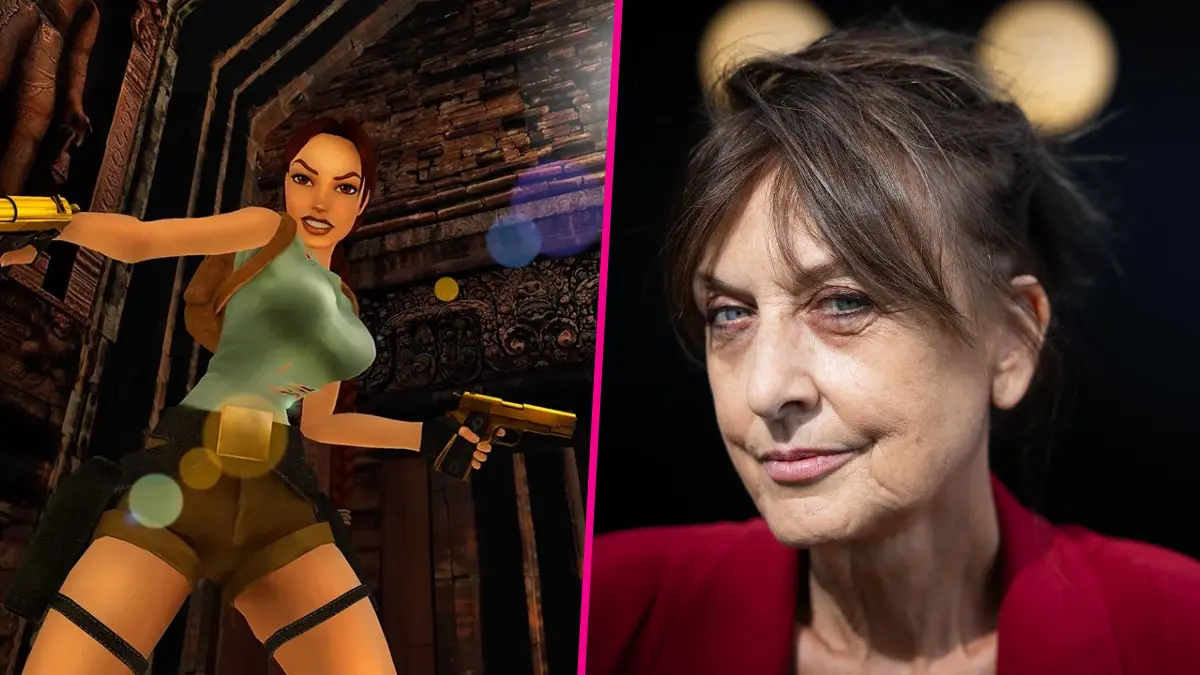The voice behind French-speaking Lara Croft discovered something unsettling in Tomb Raider I–III Remastered. Her distinctive voice was there, delivering new lines she never recorded. The problem? Those lines were generated by AI without her knowledge or permission.
Françoise Cadol, who voiced the iconic adventurer in the original French releases, called the unauthorized voice cloning “a betrayal” and “total disrespect.” She’s now pursuing legal action against those responsible for using AI to mimic her performance.
The controversy erupted when players noticed certain dialogue sounded off in non-English versions of the remasters. Tutorial prompts, menu narration, and other new additions lacked the natural quality of the original recordings. Further investigation confirmed these lines were AI-generated imitations.
Aspyr, the studio behind February’s remaster collection, quickly acknowledged the issue but deflected responsibility. The company blamed an external localization contractor for inserting AI-generated voice lines without authorization. According to Aspyr, they had no idea synthetic voices were being used until the complaints started rolling in.
The developer promised immediate action. All AI-generated lines will be removed and replaced with authentic voice recordings. Aspyr also pledged to audit their vendor relationships and implement new safeguards to prevent similar incidents.
The scope extends beyond just French. Players reported suspicious-sounding dialogue in Brazilian, Portuguese, and potentially Spanish versions too. These weren’t random computer voices either—the AI was specifically trained to imitate the original voice actors from the 90s games.
When nostalgia meets neural networks
The remasters launched on Valentine’s Day 2024 across PC, PlayStation, Xbox, and Switch. They featured visual overhauls of the first three Tomb Raider games while preserving the option to switch between classic and modern graphics. Most dialogue came from the original recordings, but new lines were needed for updated tutorials and modern gaming features.
This situation highlights growing tensions around AI voice replication in gaming. While the technology can fill gaps when original actors are unavailable, using it without consent crosses ethical and legal boundaries. In France and across the EU, performers’ voices receive strong legal protection. Unauthorized commercial use of someone’s voice likeness can trigger serious legal consequences.

